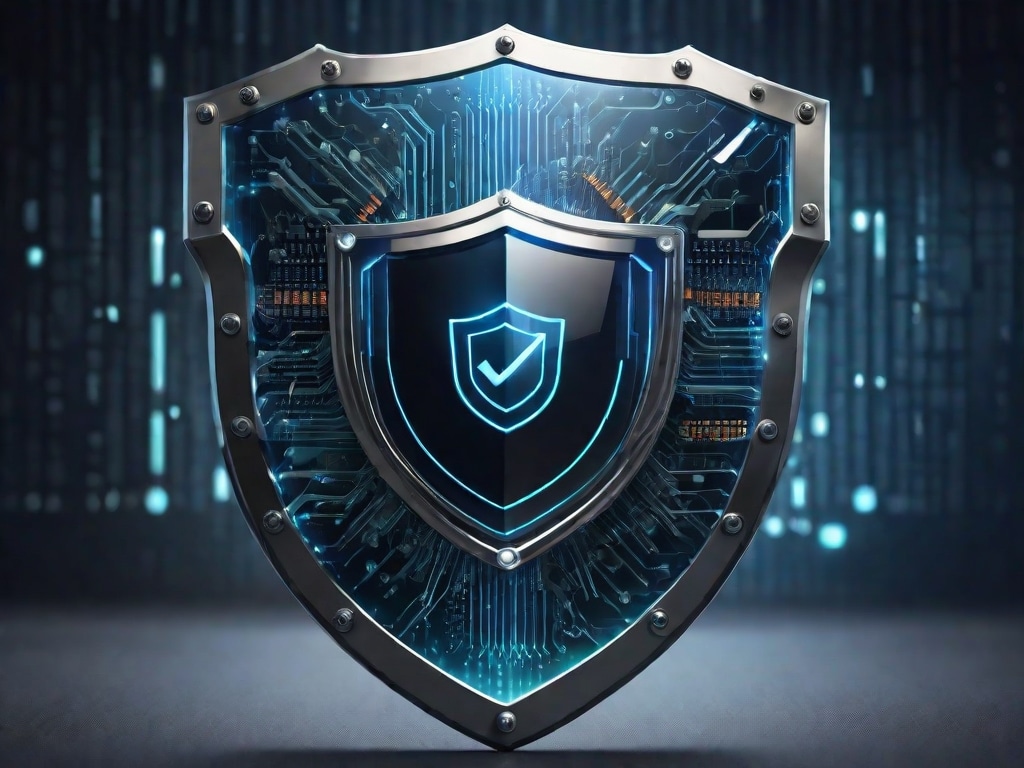Strategies for Defending Against Cyber Crime Allegations
In the digital age, cybercrime has emerged as a significant legal challenge. Attorneys often face complex cases involving allegations of hacking, data breaches, identity theft, to complex financial frauds. Common types include phishing, malware distribution, cyberstalking, and intellectual property violations. Each type requires a specific understanding of the technology involved. This article aims to equip lawyers with strategies to effectively defend clients against cybercrime allegations.
Legal Frameworks in Cybercrime Defense

Understanding the Computer Fraud and Abuse Act (CFAA)
The CFAA is the primary federal law governing cybercrime in the United States. It primarily addresses offenses related to unauthorized access to computers and networks, including hacking, data theft, and damage to computers or data. Defense attorneys should be familiar with its key provisions, such as the definitions of ‘unauthorized access’ and ‘protected computers’, which cover a broad range of computer systems including those involved in interstate or international commerce.
Global Legal Perspectives
Globally, legal responses to cybercrime vary, with each country having its own set of laws and regulations. For instance, the GDPR in the European Union emphasizes data privacy and security. In cross-border cases, understanding the interplay between different legal frameworks and international treaties, like the Budapest Convention on Cybercrime, is crucial.
Jurisdictional Challenges
Cybercrime often poses unique jurisdictional challenges due to the borderless nature of the internet. Attorneys must navigate where the crime was committed, where the data is stored, and where the legal impact occurred. This is particularly complex in international cases.
Keeping Up with Precedents
Staying informed about recent legal precedents and interpretations of cybercrime laws, especially the CFAA, is vital. Court decisions can significantly influence defense strategies and the outcome of cases.
Technical Foundations for Defense
Digital Evidence and Its Challenges
In cybercrime cases, digital evidence is central but its reliability is contingent on several factors including its integrity, authenticity, chain of custody, and how it was collected and preserved. Defense strategies should meticulously assess whether the digital evidence has been altered or tampered with during its handling and storage, ensuring its integrity. Additionally, the authenticity of the evidence must be confirmed, questioning its source and the accuracy of its representation. The chain of custody demands close examination as any inconsistencies can challenge the evidence’s admissibility, highlighting the importance of precise record-keeping from the point of collection to its presentation in court. The methods used in collecting digital evidence are equally critical; the defense should scrutinize whether appropriate forensic techniques were employed and whether the evidence was preserved unaltered post-collection, examining access and storage practices. Furthermore, the defense must consider the completeness of the evidence presented, as partial or selective data could lead to a misleading interpretation of the facts. Involving digital forensics experts is often crucial as they can provide essential technical insights and identify potential weaknesses in the handling of the evidence.
This comprehensive approach to scrutinizing digital evidence is essential for mounting an effective defense in cybercrime cases, ensuring that the evidence presented is both reliable and relevant to the case at hand.
Computer Forensics
Computer forensics is essential in cybercrime defense, focusing on analyzing digital evidence to establish event timelines, uncover digital footprints, and identify system vulnerabilities. These forensic analyses help in constructing timelines that either support or contradict the allegations, explore who might have accessed digital systems, and reveal security flaws that could have allowed unauthorized access. This field provides critical insights for defense attorneys, offering alternative explanations for the evidence presented by the prosecution and challenging the assumption of the defendant’s guilt.
Legal Strategies in Cybercrime Defense
 Challenging Digital Evidence
Challenging Digital Evidence
In cybercrime defense, challenging the admissibility of digital evidence is a key strategy. This involves a critical examination of how the evidence was collected and handled. The defense must scrutinize the methods used in data collection, ensuring they meet established digital forensic standards. Any deviations from these standards can call into question the integrity of the evidence.
Furthermore, the defense should investigate the chain of custody. Any gaps or irregularities in the records could indicate potential contamination or tampering, undermining the evidence’s reliability. It’s also important to assess the completeness and relevance of the evidence presented. In cases where the evidence may only show a partial view, the defense should advocate for a more comprehensive examination.
Expert testimony can be crucial in highlighting technical shortcomings in the prosecution’s presentation of digital evidence. By focusing on these aspects, the defense can effectively challenge the validity of digital evidence, ensuring a fair and just consideration in the legal process.
Raising Reasonable Doubt
In cybercrime defense, discrediting the link between the defendant and the alleged crime is crucial. Defense attorneys can create reasonable doubt by suggesting the defendant’s device was compromised or used by someone else. Demonstrating that a device could have been remotely accessed or controlled by an unauthorized user can challenge the prosecution’s assertion of the defendant’s direct involvement. Additionally, the possibility of identity theft or misuse of the defendant’s digital credentials by others can be explored. By presenting these alternative scenarios, the defense can effectively question the direct link between the defendant and the alleged cybercrime, introducing uncertainty into the prosecution’s case.
Expert Witnesses
In cybercrime cases, expert witnesses are integral for their technical insights. They clarify complex technical details, making them understandable to the court. These experts critically analyze the prosecution’s interpretation of digital data, often providing alternative viewpoints that can challenge the evidence presented. They assess the reliability of methods used in collecting and analyzing digital evidence, highlighting any potential flaws or limitations. Their expertise is crucial in offering different perspectives and explanations, aiding the defense in building a robust case.
Jurisdictional Issues
The borderless nature of the internet introduces complex jurisdictional issues in cybercrime cases. Attorneys must navigate these complexities by determining whether the alleged crime falls under the legal authority of the court in question. This involves assessing the geographical location of the criminal activity, the residence of the involved parties, and where the impact of the crime was felt, which can often span multiple jurisdictions. Understanding these nuances is critical for effectively handling the legal intricacies of cybercrime cases.
Practical Considerations for Defense Attorneys
Staying Informed
The field of cybercrime is evolving rapidly. Lawyers must stay informed about the latest technological trends, cyber threats, and legal precedents.
Collaboration with IT Professionals
Effective defense often requires collaboration with IT professionals and forensic experts. This partnership is essential for understanding the technical aspects of a case and for formulating a robust defense strategy.
Ethical Considerations
Attorneys must navigate ethical concerns, especially regarding privacy issues and the handling of sensitive digital evidence.
Preparing the Defendant
Preparing the defendant for trial is crucial. This includes coaching them on how to respond to technical questions and how to convey their understanding of the allegations.
Conclusion
Defending against cybercrime allegations requires a blend of legal acumen and technical knowledge. Attorneys must be adept at challenging digital evidence, leveraging expert testimony, and understanding the nuances of cyber law. By staying informed and collaborating with technical experts, defense lawyers can effectively navigate these complex cases.
Key Takeaways
- Cybercrime allegations require a nuanced understanding of both legal and technical aspects.
- Challenging the integrity and admissibility of digital evidence is a key defense strategy.
- Collaboration with computer forensic experts can provide crucial insights into defense.
- Keeping abreast of evolving cybercrime trends and legal precedents is vital for effective defense.





